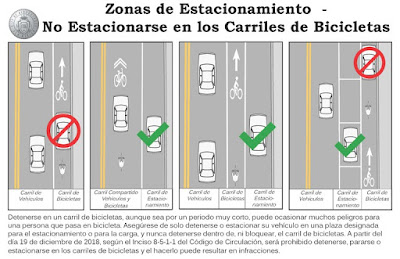The semester is ending and final exams are beginning. That left me with a "gap" yesterday. So, of course, I went for a ride.
I don't mind cold weather, though I notice I have to be more careful when the temperature drops: Muscles stiffen and puddles glaze with icy crusts. At least there wasn't much wind, and a light show of sun and clouds drifted across the sky.
We are ten days away from the Winter Solstice, the shortest day of the year. So, yesterday, we had only a few more minutes of daylight than we'll have on that day. At this time of the year, we have about nine hours of daylight and, after I did the things I had to do, I had less than six hours left.
Of course, I could have ridden after dark: I often do just that on my commutes home. Still, I prefer to stick to daylight whenever possible. I would try to get myself home by sundown, but if I went a little bit later, that would have been fine.
Which I did, though not by much--and not for the reasons I anticipated. Near the end of the ride--about 12 kilometers from home--my front tire started losing air. I was making a turn from Home Street (ironic, isn't it?) onto Fox Street in the Bronx when something seemed a bit off-balance. I thought perhaps I'd run over something, or that maybe I was just getting tired. But when I made my next turn, onto Southern Boulevard, I noticed that something definitely wasn't right. A few blocks down, near 149th Street, I realized that my tire was indeed losing pressure.
Slow-leak flats are often more difficult to deal with because the source of the leak isn't always obvious. I didn't want to go to the trouble of locating a puncture or, worse, miss some small shard of something in the tire casing that would cause another flat if I were to patch or replace the tube.
I was also near a subway stop and, although it wasn't dark, I could see the night approaching.
Plus, I had already ridden about 130 kilometers by that time, so I figured I'd had a decent afternoon's ride. Actually, it was more than decent: I'd made it to Connecticut and pedaled up a few hills along the way.
One thing I must say, though: I realized that I couldn't call it a "late fall" ride. The bareness of the trees, and the light, definitely painted an early picture of winter:
I don't mind cold weather, though I notice I have to be more careful when the temperature drops: Muscles stiffen and puddles glaze with icy crusts. At least there wasn't much wind, and a light show of sun and clouds drifted across the sky.
We are ten days away from the Winter Solstice, the shortest day of the year. So, yesterday, we had only a few more minutes of daylight than we'll have on that day. At this time of the year, we have about nine hours of daylight and, after I did the things I had to do, I had less than six hours left.
Of course, I could have ridden after dark: I often do just that on my commutes home. Still, I prefer to stick to daylight whenever possible. I would try to get myself home by sundown, but if I went a little bit later, that would have been fine.
Which I did, though not by much--and not for the reasons I anticipated. Near the end of the ride--about 12 kilometers from home--my front tire started losing air. I was making a turn from Home Street (ironic, isn't it?) onto Fox Street in the Bronx when something seemed a bit off-balance. I thought perhaps I'd run over something, or that maybe I was just getting tired. But when I made my next turn, onto Southern Boulevard, I noticed that something definitely wasn't right. A few blocks down, near 149th Street, I realized that my tire was indeed losing pressure.
Slow-leak flats are often more difficult to deal with because the source of the leak isn't always obvious. I didn't want to go to the trouble of locating a puncture or, worse, miss some small shard of something in the tire casing that would cause another flat if I were to patch or replace the tube.
I was also near a subway stop and, although it wasn't dark, I could see the night approaching.
Plus, I had already ridden about 130 kilometers by that time, so I figured I'd had a decent afternoon's ride. Actually, it was more than decent: I'd made it to Connecticut and pedaled up a few hills along the way.
One thing I must say, though: I realized that I couldn't call it a "late fall" ride. The bareness of the trees, and the light, definitely painted an early picture of winter:






